The Struggle We All Share
![]() I’m not your typical La Gente writer. I’m white, I don’t speak any Spanish other than what I’ve picked up by living in Southern California my whole life, and quite frankly, the issues that affect much of the Latino community are things that will never affect me in a deeply personal or direct way.
I’m not your typical La Gente writer. I’m white, I don’t speak any Spanish other than what I’ve picked up by living in Southern California my whole life, and quite frankly, the issues that affect much of the Latino community are things that will never affect me in a deeply personal or direct way.
And yet, I realize that the success of your community’s fight for equality and respect is intrinsically linked with a community that is both part of yours and mine. As a gay person, I am fighting for equality and respect as well.
I first realized I was gay when I was 16. As a white middle-class teenager, I never had much that made me feel different. I got along with my parents as well as any teenager could, I did homework, and I was just trying to make it through high school alive. But when I fell in love with a girl, I came to terms with the fact that I was no longer the cookie-cutter girl I saw myself as, and like it or not, I was now tagged as an “other” in a way that I had never felt before.
My otherness began as a teenager, but for many people, they feel like an “other” their entire lives. It became clear to me that while my rights were threatened and stigmatized for the first time in my life, many people of different backgrounds had been fighting this battle long before me.
The gay community is one founded on diversity. It is a segment of every community, whether it is a religious, national, or ethnic community. So why does the queer community often neglect other groups, like the Latino community. We are inherently linked with them, not only because we both deal with oppression and political struggles, but more importantly, the very nature of the gay community is a part of the Latino community as well.
Unfortunately, the gay community does not do a good job of publicly proclaiming this intersectionality. Our gay right’s activists are predominantly white and wealthy (I’m looking at you, Neil Patrick Harris and Ellen DeGeneres), which leads to the pre-conceived notion that those are the only people who care about gay rights, or even more problematic, that only white people are queer.
Aside from celebrity representation, which is overwhelmingly white, male, and sassy, even the Equality California web site indicates that most people leading our fight for marriage equality and hate crime legislation lacks people of color, which is surprising in California, one of the most diverse states in the nation.
So many queer people proudly display their “No on Prop 8” bumper sticker on the back of their cars, but how many are fighting in favor of the DREAM Act, or simply becoming socially conscious of other identity issues that people face? If it is only white people fighting for the gay community, it makes it easy to ignore other minority’s concerns, because for white queer people, their only “minority” label is their sexuality.
For people that only deal with limited forms of oppression, it is easy to focus on just one issue, learn all about it – and while not realizing, or even worse, choosing to ignore all other countless forms of discrimination that need to be tackled, and more importantly, how all forms of discrimination are connected.
Although there used to be a stigma against homosexuality in the predominantly Catholic Latino community, that stigma is quickly shattering. According to the Huffington Post, 59% of Latinos believe homosexuality should be accepted. Celebrities like Sofia Vergara and Naya Rivera have spoken out publicly (and in Rivera’s case, played a teen lesbian on Glee) in support of the gay community. Yet, there seems to be little reciprocation from the dominant White Gay Male sector of the gay rights movement.
It starts with making intersectionality the forefront of our movement. The fight for marriage equality and hate crime legislation does not happen in a bubble void of any other struggle, and to deny that is only going to hinder both the gay community and any other minority’s fight. That all people fighting for gay rights need to educate themselves about other institutionalized forms of oppression, even if those forms of oppression do not directly affect them.
I will never have to face the obstacles posed by skin color or citizenship that occurs from being part of an ethnic minority. But indirect oppression for some becomes oppression for us all. Regardless of what type of “other” we see ourselves as, it is important that the queer community interacts with, educates, and embraces the Latino community and all minority communities in order to advance all of our fights.
OutWrite is a multi-platform progressive news channel for plugged-in, passionate LGBTQ youth at the UCLA campus. Visit their website at outwritenewsmag.org

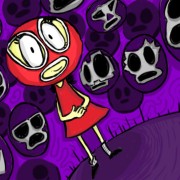
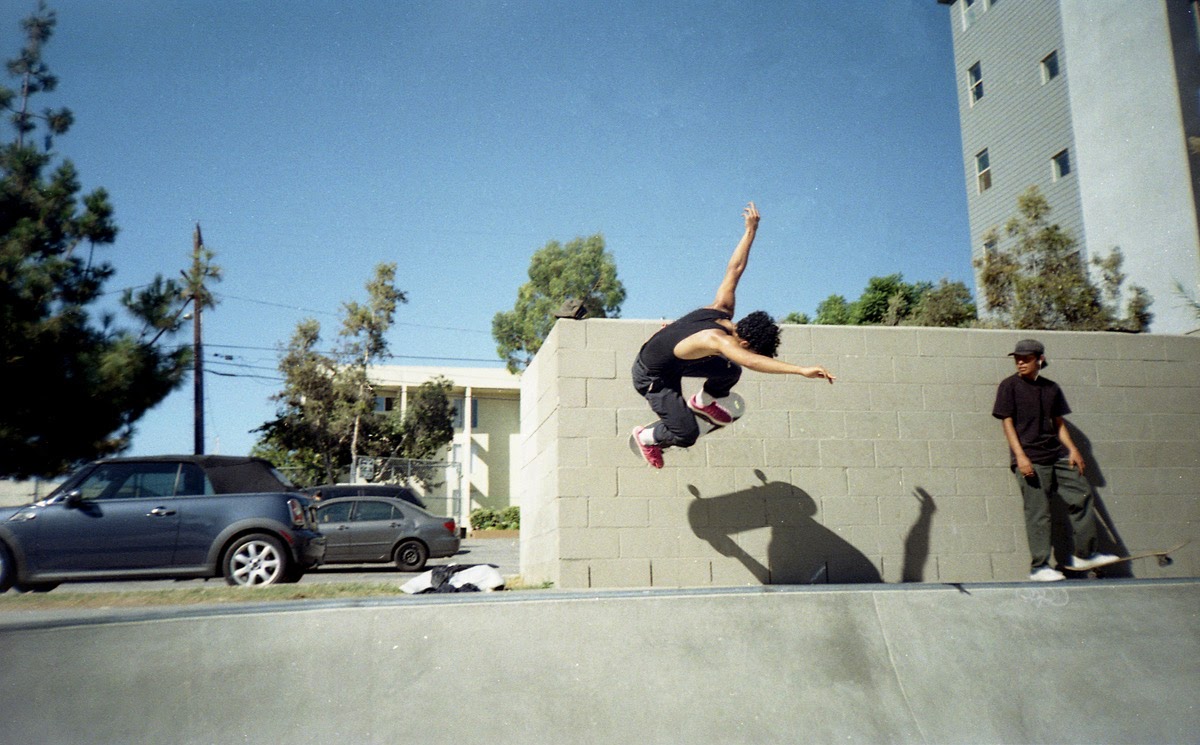
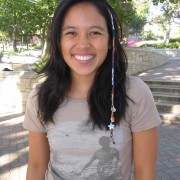
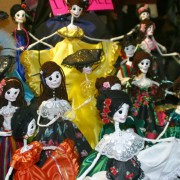
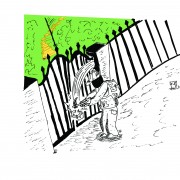

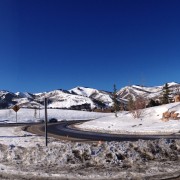

Leave a Reply
Want to join the discussion?Feel free to contribute!